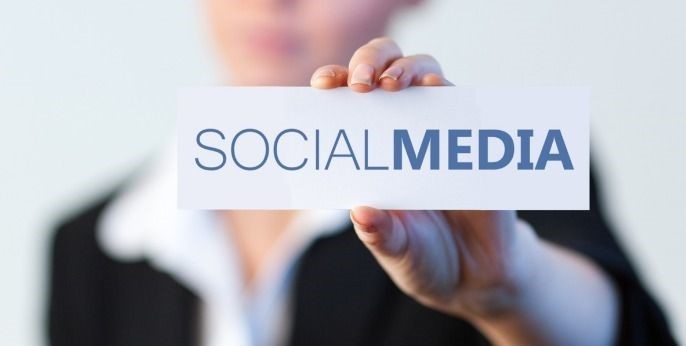
Key Dangers of Social Media
According to datareportal.com, there are almost four billion social media users around the world. Unfortunately, social media platforms can have a strong emotional impact on children, young people and adults of all ages.

Younger people can quickly become addicted to social media because of its cleverly designed rewarding system. Whenever one of our virtual friends likes our posts or pictures, our bodies start releasing endorphins, which give us that good feeling inside. However, as we spend more and more time on social media sites each day, our bodies start craving those endorphins, and this keeps us glued to the screens, anxiously awaiting the next "like".
Add to this FOMO, the fear of missing out on something exciting that is happening while you are away from your smartphone, and you will understand why people spend an average of 3 hours and 15 minutes on their phones each day, according to www.rescuetime.com.
Social media users can also be exposed to cyber stalking and bullying. Victims are confronted with various threats, and attackers use the publicly available profile data to get access to personal information. This is why it's essential for parents to discuss the matter with their children before allowing them to create a social media account. Privacy settings should be adjusted accordingly; we don't want to give away too much information.
There is a good reason for this: big social media platforms such as Facebook have the right to use all the information and images that you upload on their sites, and then sell it to interested third parties. It's true that most millennials don't have a problem with that, but the harvested data can easily fall into criminal hands. While personalized ads aren't necessarily bad, sometimes even helping people purchase products they actually need, social engineers (online scam artists) will try to get access to your accounts and steal money from you.
To give you an idea, a scammer will discover your email address, and then he/she may phone your bank using a spoofed phone number that looks just like yours, asking for an online banking account password reset link to be sent to a different email address, because the old one isn't working anymore. I am sure that you can imagine what will happen next, right?
Phishing attacks are very effective on social platforms, because they can often be triggered by your so-called social media "friends", people who have gained your trust. One of these "friends" may send you an innocent-looking link which leads to an infected site, for example.
However, one of the key social media dangers that can leave permanent marks is reputation damage. Social platforms allow us to impress people, but a few photos from an alcohol-fueled party can permanently damage your career, or at least diminish you chances of getting a good job in the future.
As you can see, improper use of social media can affect your life, career and business. Fortunately, you can keep your private life private by choosing the proper privacy settings and limiting the number of social media "friends" to people who are actually your friends. Resist the temptation to accept friendship requests from unknown people, no matter how enticing their profiles may look. Any scammer can download an attractive image from a stock photo website, and then pretend that he/she is someone else.
You should always avoid posting confidential information on social media sites: your email address, holiday schedule, and so on. And if somebody starts bombarding you with messages that include links to weird sites or use foul language, be sure to report them right away. Also, don't forget to keep your private life separate from work by making use of different sets of social media accounts for each area of your existence.